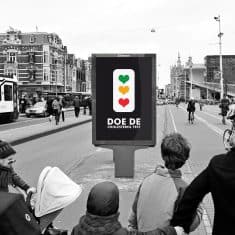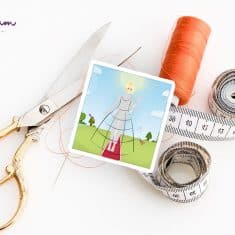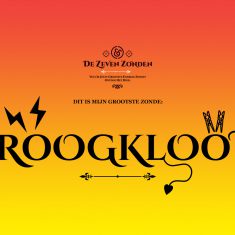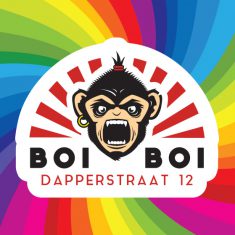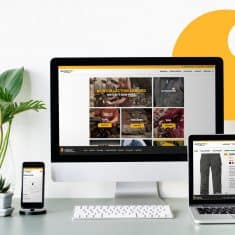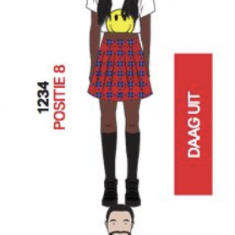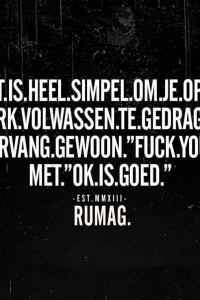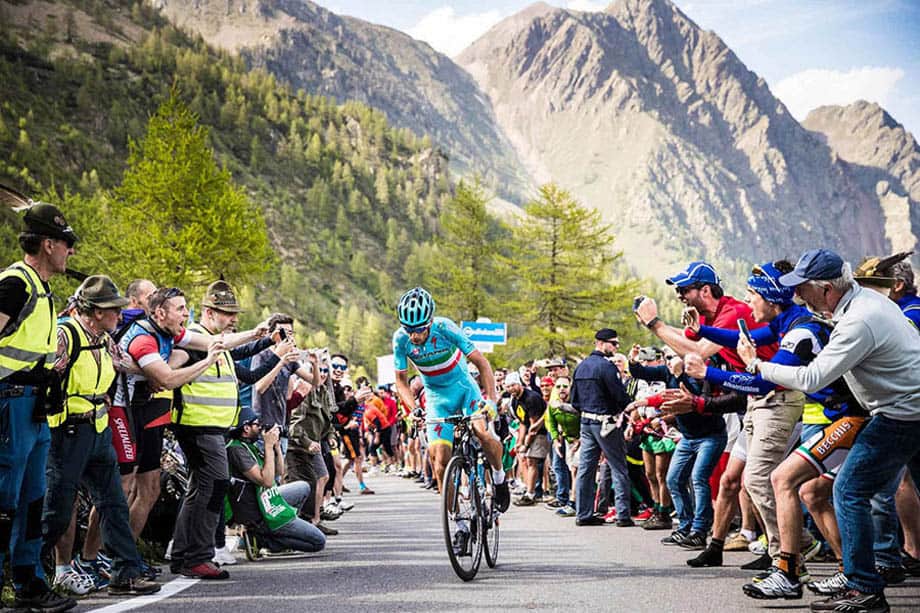
Big chance that your store on Facebook or Instagram can be found. The question is what you do with it. Getting Likes for an announced sale is fun, but building a good relationship with fans of the store much more fun. It is possible. Textilia together with Richard Derks from IIZT, social and digital creatives explain in a series about successful social engagement how you can easily do this.
In episode one in this series Richard Derks explained why social media is so important for reaching your community. It is important to know where your community meets online and what brings them together. Have you joined a group once or do you have your own community built? Then it is time to keep this group together. And how can you do this better than organizing events? “Make it happen”, says Derks.
You have to look carefully at what is happening around you. “It is logical that a community is built around a place of residence. Focus on local events.” Good examples are city festivals, fairs, annual fairs, sporting events, beginning of the school year. “There are lots of events that you can take part in and with special promotions and themes. You can also start new events yourself. Think of fashion shows and VIP customer evenings when the new collections arrive in the store.”
Like a train
Facebook is an ideal platform to start an event. You and other visitors see immediately if there is interest and who is coming. Your fans like the page and their friends see that in their timeline. In this way the event spreads very rapidly. “If you want to spend marketing budget, promote your event via paid advertising, aimed at target groups in the region. This is how a Facebook event works as a megaphone, “says Derks.
“In addition, bring your community to work. Make the event attractive enough. Take lots of photos, share, create your own hashtag, make a movie, give goodie bags and discount vouchers etc. Do not make your event sales-related, it may also provide good publicity in local media .” Instead of the old-fashioned folder and placards on the shop window, you can quickly and free of charge reach a large group of consumers via Facebook. And imagine what the collaboration with other local entrepreneurs can do for the rollout of your event.
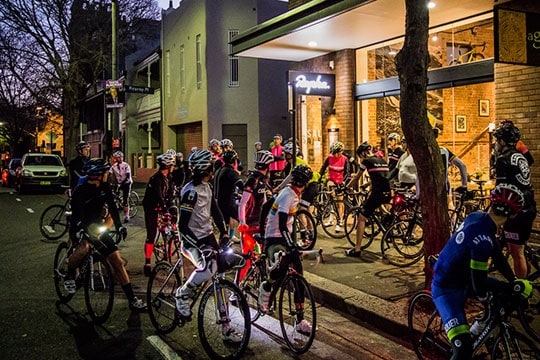
Sales is a side issue
Also (inter) national happenings affect the life of your community. The trick is to draw them to you, says Derks. A perfect example according to him is cycling clothing brand Rapha. In their (online) stores the sale of clothing has become an afterthought. The special locations ‘club houses’ for cycling enthusiasts are more important for the brand. The group of loyal fans of the brand is growing by the day. The brand facilitates joint journeys, has its own (paid) cycle club, organizes cycling trips and during the Tour de France they watch the matches together. Consumer would like to spend a bit more on the clothes and a membership of Rapha to join that club.
“With an event like watching the Tour, you connect people with the same passion. The good thing is that this is applicable to everything. Like the Junior Eurovision Song Contest for the community of a children’s clothing store. Why not to rent a (cinema) room and watch together the finale? “Or watch together to bake the results of “Heel Holland bakt”, “Boer zoekt vrouw”, “Project Runway”, you name it. As long as it fits with the environment of your community. “Keep it small and understandable. With special customer evenings you will certainly strengthen the bond with customers, but you can think beyond ‘how do I get rid of my collection’. A small baking cakes workshop from the local confectioner will certainly appeal to the Holland bakt target group.”
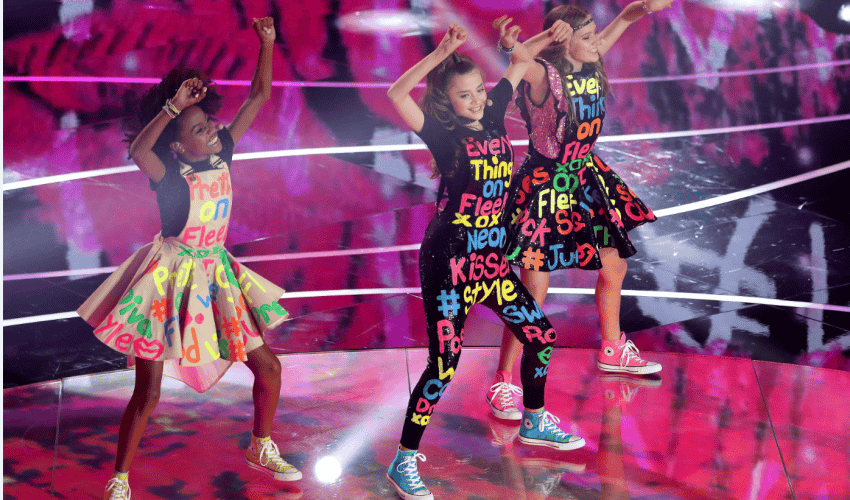
12 reasons to make a Facebook event
1. Free publicity. People see that a Facebook friend is going to an event. These are people who probably live in the same region and fall into the same target group.
2. Communicate new information. Fans who attend an event will receive a pop-up of all changes and messages on the event page by default.
3. Offer extra content. These are also seen by ‘friends of’. Examples are interviews, backstage videos, interviews.
4. Extra contact moment after the event. Share how great the event was!
5. Draw visitors to events in a new season. Chances are that the same fans (and their friends) will visit the event again.
6. Directly in the calendar of visitors. The event is automatically added to the events calendar on Facebook.
7. Automatic reminder via pop-up. By default, Facebook sends visitors a pop-up reminder on the day of the event.
8. Collect all messages with hashtags. Like twitter, Facebook has embraced the hashtags.
9. Build up tension to the event. Count the days by means of a countdown.
10. Promote your event to new target group. Not everyone comes into contact with your event on their own. Promote your event to a specific target group.
11. Stand out at related events. Your events will be shown as ‘related events’ at other events.
12. Make visitors check in at your official page. Everyone can create their own Facebook page and Facebook has already created a page at many visited places.
Source: Marketing Facts

You’re always welcome at Prinseneiland. Call us and reserve time for a first date. 020-6933131 or mail richard@iizt.com

